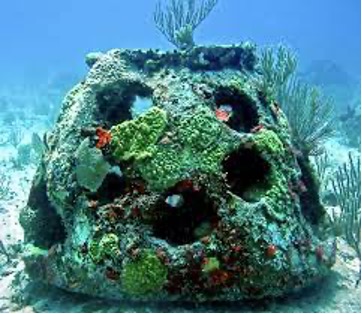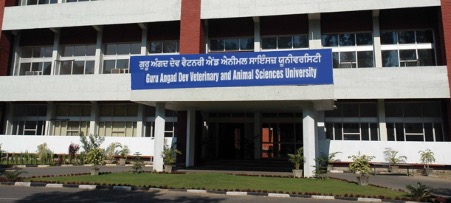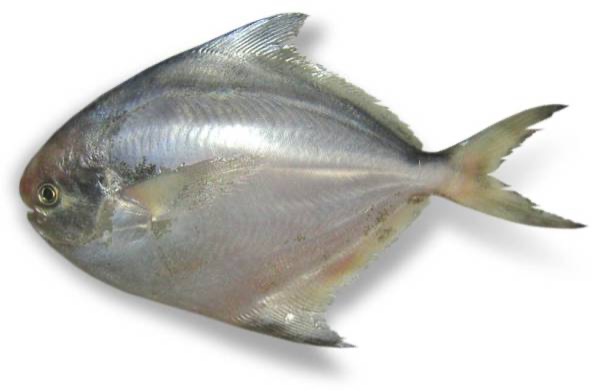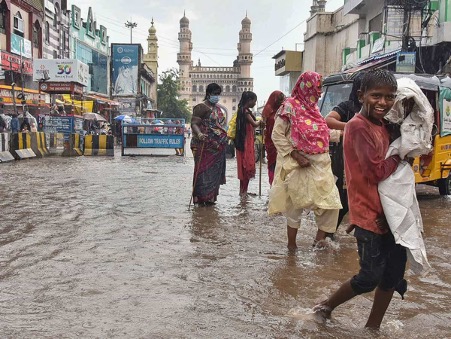Kochi: In a move to enhance the livelihoods of fishermen and promote sustainable fishing practices, the Union government is set to install artificial reefs in 3,477 fishing villages nationwide, including 220 villages in Kerala. This initiative is being carried out in collaboration with the Central Marine Fisheries Research Institute (CMFRI).
Artificial reefs have already demonstrated their effectiveness, with a remarkable 17 to 30 percent increase in catch observed at locations where they have been previously installed, according to CMFRI. These artificial reefs, designed with scientific precision, serve as self-sustaining marine production systems on the seabed.
Under the Prime Minister’s Matsya Sampada Yojana (PMMSY) scheme, this project is receiving 60 percent of its funding from the Central government and 40 percent from state governments. In partnership with the Kerala State Coastal Area Development Corporation Limited (KSCADC), site identification for reef installations has been finalized after conducting five pre-stakeholder workshops in 42 villages across the Thiruvananthapuram district.
Artificial reefs discourage destructive practices like bottom trawling in nearshore areas, promoting marine environment regeneration that is particularly beneficial to small-scale fishers. These reefs attract over 300 different species, including commercially valuable ones such as breams, groupers, snappers, cobia, and mackerel, among others.
Principal scientist Joe K Kizhakudan, under the leadership of CMFRI, has been spearheading the installation of artificial reefs in the coastal waters of Tamil Nadu, Andhra Pradesh, Gujarat, and Kerala. The success of this innovative technology has led to its expansion across the country, promising improved fishing outcomes and a more sustainable marine ecosystem.
Director A Gopalakrishnan of CMFRI emphasized that the institute has developed comprehensive protocols for site selection, design, fabrication, deployment, and impact assessment of these artificial reefs. This endeavor not only supports the livelihoods of fishermen but also contributes to marine conservation efforts.












